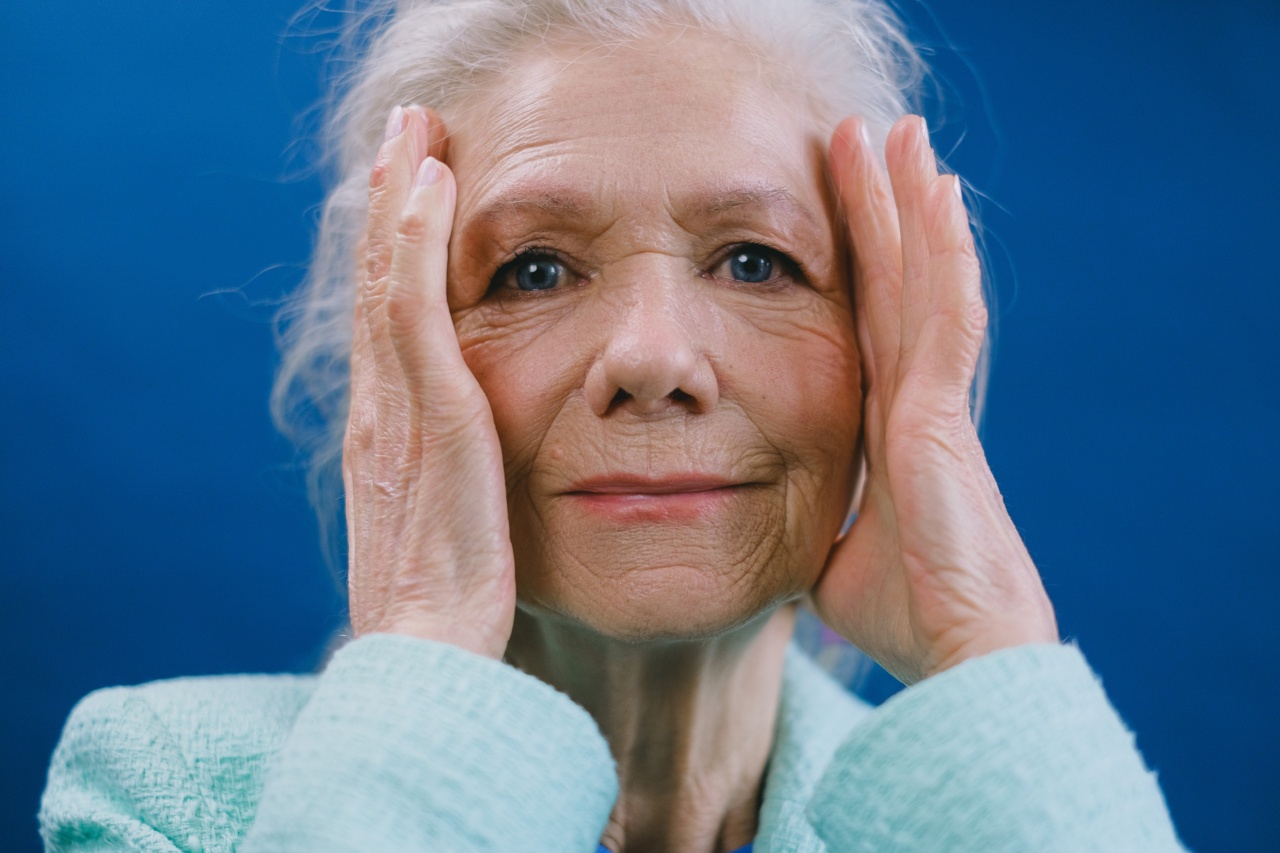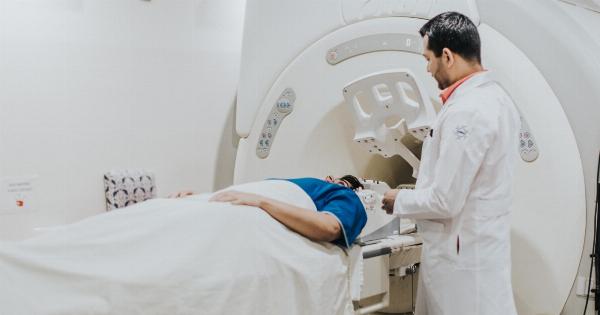Anxiety disorders are one of the most common mental health issues faced by individuals worldwide. The feeling of anxiousness, worry, and fear can range from mild to intense, leading to significant disturbances in the daily life of an individual.
While some anxiety is normal and even helpful in survival situations, excessive anxiety is a symptom of an anxiety disorder.
Symptoms of Anxiety Disorders
The symptoms of anxiety disorders depend on the type of disorder and can vary from person to person. However, some common signs of anxiety disorders include:.
- Excessive worry about everyday things
- Persistent fear or panic attacks
- Avoidance of specific situations or activities
- Physical symptoms like trembling, sweating, palpitations, and nausea
- Racing thoughts, restlessness, and difficulty concentrating
- Sleep disturbances
- Compulsions or repetitive behaviors
Types of Anxiety Disorders
There are several types of anxiety disorders, and each has its own specific symptoms and diagnostic criteria. Some common types include:.
- Generalized Anxiety Disorder (GAD)
- Panic Disorder
- Social Anxiety Disorder (SAD)
- Specific Phobias
- Obsessive Compulsive Disorder (OCD)
- Post Traumatic Stress Disorder (PTSD)
Causes of Anxiety Disorders
The exact causes of anxiety disorders are not known, but several factors can contribute to their development. Some of these causes include:.
- Genetic and environmental factors – Studies have shown that anxiety disorders can run in families, and environmental factors like stress, trauma, and substance abuse can trigger the onset of anxiety disorders in vulnerable individuals.
- Brain chemistry – Chemical imbalances in the brain, especially involving neurotransmitters like serotonin and dopamine, have been linked to anxiety disorders.
- Personality traits – Individuals with certain personality traits like perfectionism and neuroticism are more prone to developing anxiety disorders.
Treatment of Anxiety Disorders
Anxiety disorders can be treated with various forms of therapy and medication or a combination of both. Some of the common treatment approaches include:.
- Cognitive Behavioral Therapy (CBT) – A form of psychotherapy that helps individuals identify and change their negative thought patterns and behaviors that contribute to anxiety.
- Exposure Therapy – A type of therapy that involves gradually exposing the patient to their fear or trigger in a controlled environment to reduce their anxiety over time.
- Medication – Antidepressants, anti-anxiety medication, and beta blockers are some of the common medications prescribed for anxiety disorders.
- Lifestyle changes – Healthy lifestyle habits like regular exercise, good sleep hygiene, avoiding caffeine and alcohol, and practicing relaxation techniques like meditation and yoga can help reduce anxiety.
Dreams and Anxiety Disorders
Dreams are a normal part of sleep, and most people experience them without any disruptions. However, individuals with anxiety disorders have been found to have more frequent and vivid dreams, often related to their anxiety and fears.
These dreams can be frightening and can lead to disturbed sleep and daytime anxiety.
Research has shown that the amygdala, a part of the brain responsible for processing emotions like fear, is overactive in individuals with anxiety disorders.
This hyperactivity can lead to the development of more frequent and intense anxiety dreams that can impact the quality of sleep.
Managing Anxiety Dreams
There are several ways to manage anxiety dreams and improve the quality of sleep:.
- Maintain a Regular Sleep Schedule – Try to go to bed and wake up at the same time every day to regulate the sleep-wake cycle.
- Avoid Stimulants Before Bedtime – Avoid caffeine, nicotine, and alcohol before bedtime as they can interfere with sleep.
- Relaxation Techniques – Practicing relaxation techniques like deep breathing, meditation, and progressive muscle relaxation can reduce anxiety and promote better sleep.
- Avoid Screen Time Before Bed – The blue light from electronic devices can suppress the sleep hormone melatonin. Avoid using electronic devices like phones and laptops before bedtime.
- Therapy and Medication – Treatment of anxiety disorders can improve the quality of sleep and reduce anxiety dreams.
Conclusion
Anxiety disorders can significantly impact the daily life of individuals, causing distress, avoiding behaviors, and disturbed sleep.
Treatment approaches like therapy, medication, and lifestyle changes can help manage anxiety disorders and promote better sleep. Understanding the link between anxiety dreams and anxiety disorders can help individuals take steps to manage their symptoms and improve their overall quality of life.



























